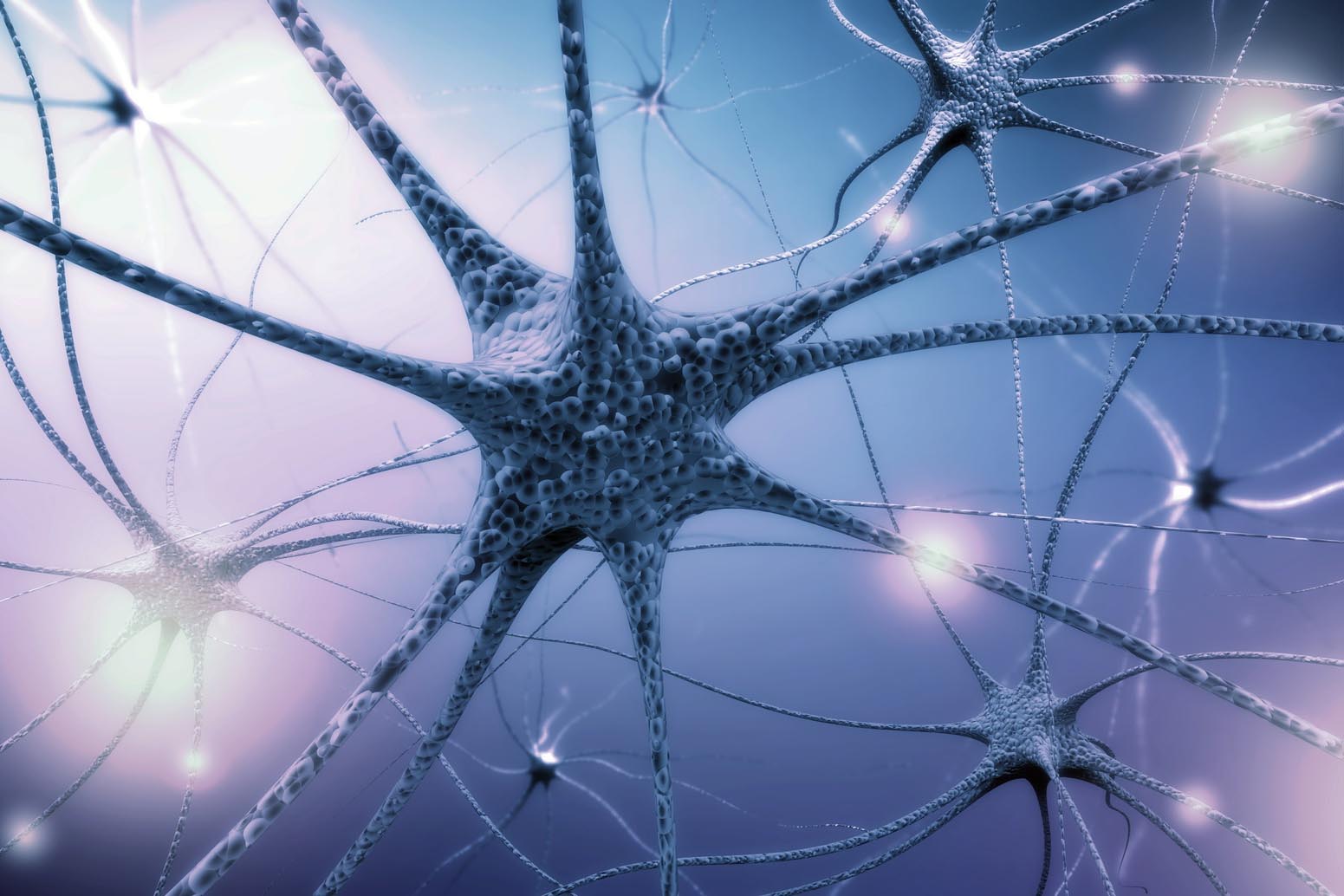-
What is already known on this topic
The possibility that gut bacteria might influence mental health is highly debated, but most studies on such “gut-brain connection” have been carried out only in animals. -
What this research adds
Researchers combined data from the microbiomes of more than 1,000 people with the individuals’ quality of life and depression data. People with depression had low levels of bacteria such as Coprococcus and Dialister, which might be able to produce molecules similar to dopamine, a neurotransmitter whose levels are altered in people with depression. -
Conclusions
The study provides evidence that gut bacteria can produce molecules that interact with the human nervous system. Further research into those molecules could give insight into how the microbiome may trigger or prevent disease, the scientists say.
Some gut bacteria might influence mood and prevent depression, according to a new study by Mireia Valles-Colomer and her colleagues at KU Leuven-University.
The results, published in Nature Biotechnology, add evidence to the hypothesis that gut bacteria are able to influence mental health in humans. So far, research into the “gut-brain connection” had been carried out mostly in animals.
To find out whether such connection applies to people, the researchers combined microbiome data from 1,054 Belgians with the individuals’ self-reported quality of life and physician-diagnosed depression data. Then, they tried to find bacteria associated with mood. The team validated their findings on a second group of 1,063 people from the Netherlands.
An intriguing link
In both groups, two types of bacteria – Faecalibacterium and Coprococcus – were more common among people who had a high quality of life. By contrast, people with depression had higher-than-average levels of Flavonifractor bacteria. Depressed individuals had also consistently low levels of Coprococcus and Dialister, whether they took antidepressants or not.
What’s more, the team found that people with depression had more bacteria implicated in Crohn’s disease than healthy people, suggesting that inflammation could play a role in depression.
A gut-brain crosstalk
Next, the researchers created a computational tool to identify gut bacteria that might interact with the human nervous system. Using this tool, they studied the ability of more than 500 bacterial genomes to produce a set of neuroactive molecules such as dopamine or serotonin, neurotransmitters whose levels are altered in people with depression.
For example, Coprococcus bacteria might be able to produce a metabolite of dopamine called 3,4-dihydroxyphenylacetic acid, as well as an anti-inflammatory molecule called butyrate.
People that did not respond to depression treatments had microbiomes that were less likely to be able to synthesize these molecules.
Although the study does not prove that those bacteria contribute to or protect from depression, the findings could open the door to the development of “psychobiotics” – live microbes that can confer health benefits to patients suffering from mental illness, the scientists say.









